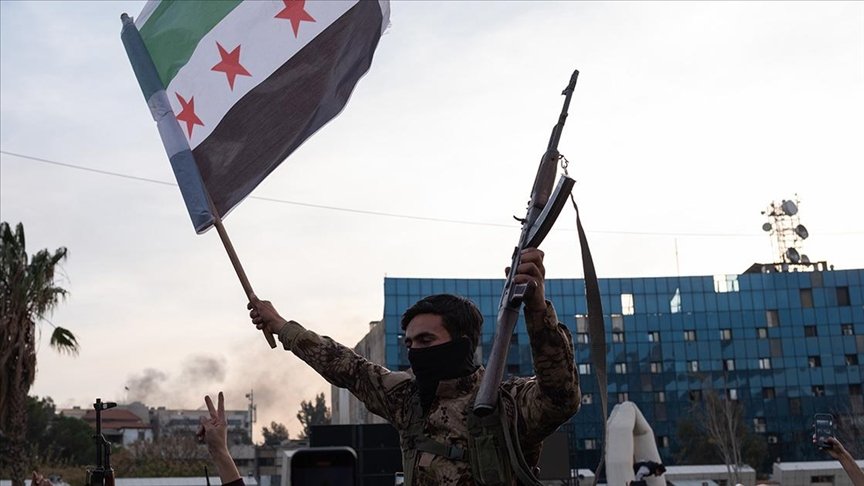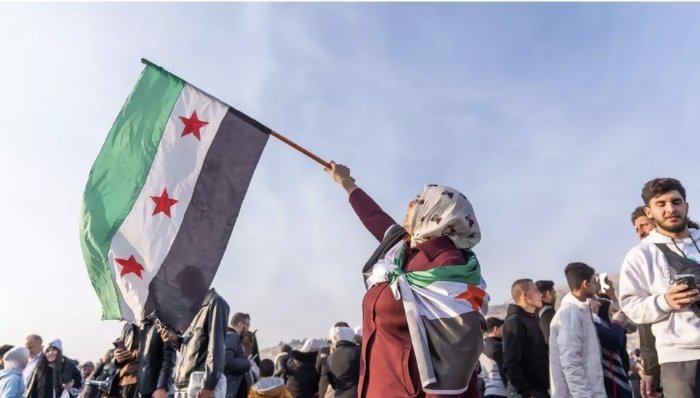The Fate of Minorities in Syria: Betting on the Seriousness of New Leaders’ Statements
With the escalation of political and military movements in Syria, discussions about a “new Syria” aiming for a civil state that respects the rights of all citizens are on the rise, amidst concerns about the fate of minorities.
Statements from new leaders, including Ahmad al-Sharaa, known as “Abu Mohammed al-Jolani,” the head of the new administration in Syria, reflect a desire to build an inclusive political system. However, questions remain about this system’s ability to meet the aspirations of all Syrians, including minorities. Al-Sharaa stated that “the revolution was not against minorities,” emphasizing the need to protect all Syrian sects and components from violence.
Despite these reassuring statements, the current phase’s nature and sensitivity pose significant challenges to achieving this goal. Samira Al-Musallami, former editor-in-chief of Tishreen newspaper, in an interview with Sky News Arabia, commented on Syria’s sensitive phase, asserting that talking about a national conference at this time might be premature. She stressed the necessity of establishing a legal and constitutional framework that involves all Syrians without categorizing them as minorities, focusing on democratic values and human dignity.
The recent visit by Daniel Rubinstein, the U.S. State Department’s envoy to Damascus, shed light on Washington’s concerns regarding reports of violations and violence against minorities. Despite Syrian Foreign Minister Asaad al-Shaybani’s affirmation of opposition to violence against minorities, these reports indicate the existence of armed groups operating outside the transitional government’s control, raising questions about the interim administration’s ability to enforce control and ensure everyone’s safety.





